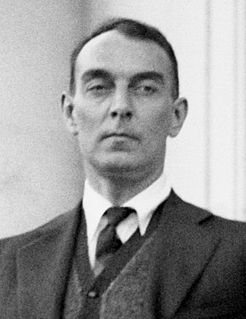A Quote by Barbara Kingsolver
This manuscript of yours that has just come back from another editor is a precious package. Don't consider it rejected. Consider that you've addressed it 'to the editor who can appreciate my work' and it has simply come back stamped 'Not at this address'. Just keep looking for the right address.
Related Quotes
Don't worry about your physical shortcomings. I am no Greek god. Don't get too much sleep and don't tell anybody your troubles. Appearances count: Get a sun lamp to keep you looking as though you have just come back from somewhere expensive: maintain an elegant address even if you have to live in the attic. Never nickel when short of cash. Borrow big, but always repay promptly.
As an editor, you're constantly dealing with the best way to convey an exchange between two people. So when I'm shooting that, I'm just aware in the back of my head what an editor might want. And also, the problems editors run into when trying to edit performances - it helps me head that off at the pass a little.
The moment I escaped to China, I didn't have any money; I only had one address in my hand of some long-distance Chinese relatives. I didn't know China was that big. I thought I can find their home very easily, and I would come back one week later. But then I found out the address was a 10-hour drive away.
I always thought the editor should cut the film and so I'll come in and look at the movie. Just because that's the only way I can really see the ideas of the editor, it's really working together. Yes it's a hierarchy, yes I'm the boss, but I like to see and to think about the idea, and it's about us asking, 'do we have to say that?' and, 'how do we make it there?' So it's advising the editor, it's very give and take, it's very free, but in the end, it's wonderful once you get through the first couple of cuts.
Every day is still exciting. I have like a very good system worked out with my editor. Some directors are in there every day, sitting there in the room with the editor. I lose perspective incredibly quickly, and so what I do is I watch...I come in the room and give very specific notes and then I go back to my house or in my office and I watch the dailies.






































